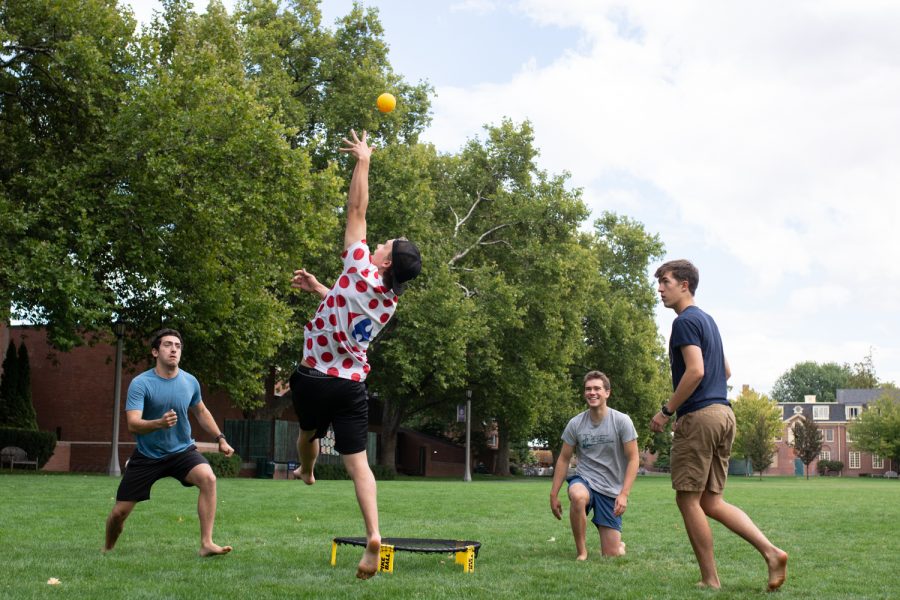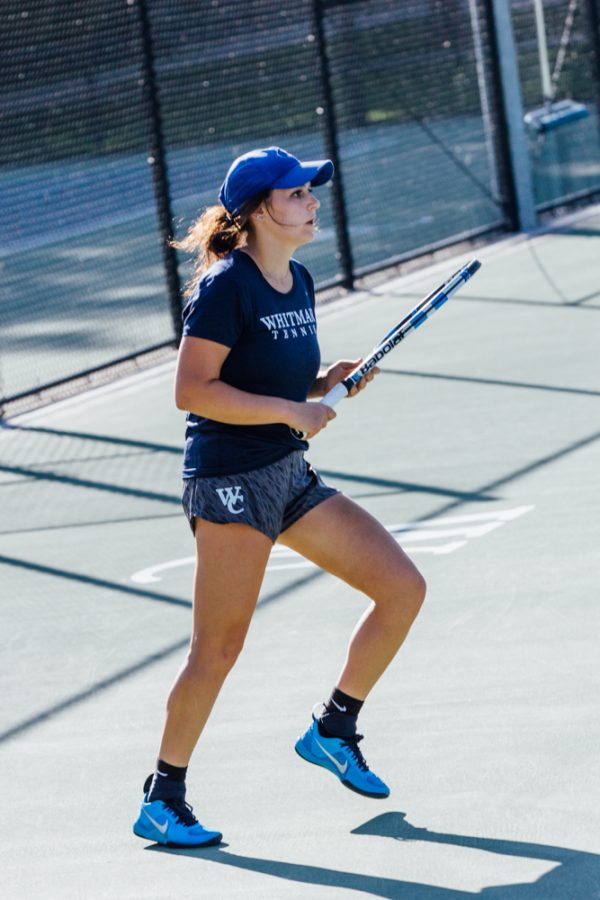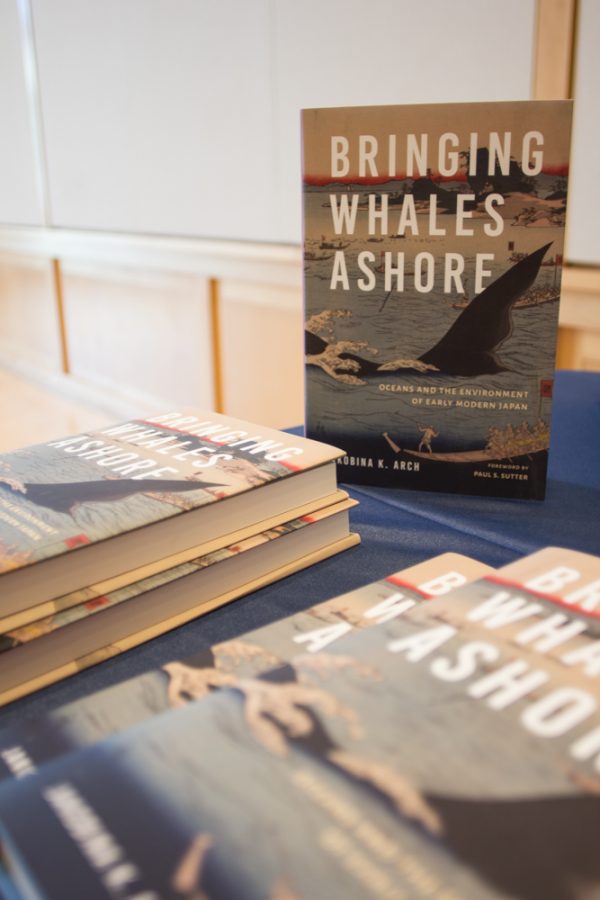
Well, I just completed what has been by far my favorite week in Morocco since I arrived. Last week, I visited a village called Feryat in an arid, sparsely forested region of the Middle Atlas. I went on a mountain hike to a neighboring village, played with Feryat’s elementary school kids and helped clean up their school grounds, got henna from FOUR women at once (one for each limb!), and lived with a family of three on a small farm with cows, sheep, goats, cats, two dogs and a donkey. Unlike my family in Rabat, with whom I mainly communicate in French, my host family in Feryat spoke only a “rustic” form of Darija (as Lahcen, our Academic Director, described it). This new communication challenge was immediately apparent when we were first placed with our host families. In fact, when I first met my host dad, Mustapha, outside the village mosque, he greeted me with a prepared and hearty “Bonjour!” yet found himself somewhat confounded by my first name.
“Alexandra, this is your host father, Mustapha,” Lahcen said as he brought me before one man in a clump of village men picking up their respective students.
“Ma-tchoor-feen” (‘nice to meet you’ in Darija!), I said to the tall man with the blue cap and the white beard standing before me.
“Mustapha, this is Alexandra,” Lahcen said. Mustapha just laughed and shook his head “no,” in response.
“No, Mustapha, this is AL-EX-AN-DRA.” Lahcen re-articulated.
“Al…ek…sandra.” Mustapha reluctantly said. It was the last time he ever properly said my name!


After a short walk we reached our home where I first met my host mom, Izza, and my twelve year-old host brother Rachid. As soon as we’d had tea at our house, Izza took me through our yard and across the road and through some fields to show me their well (she clenched my arm in a vice-like grip while I peered carefully over the edge to the dark water shimmering far below) and to point out their small grove of olive trees and then to mill among the fig trees for a bit. We spent much of our first afternoon in that grove together, pointing out objects and trading our respective words for them, pausing every now and then while Izza would pluck a fig for me and peel off its green skin to reveal its soft white flesh and a tart red interior. After that first walk, Izza rarely left my side while I was home. She accompanied me everywhere, from visits to next door neighbors, to bathroom trips (among discreet clumps of shrubs) and, as I found on my first night, even to the point of tucking me into bed and waiting for me to fall asleep (I usually just pretended)!

My host brother Rachid was much shier than either Izza or Mustapha and, in fact, he did not muster up a single word to say to me until my third day in the village. He was, however, just like his mother and father, very welcoming and sweet (in manner, if not in speech) from the moment I met him and by the time I went home he had become much more extroverted and–phew!–talkative.
As communication went, we all became very adept by the end of my week-long stay at communicating via facial expressions, gestures, and a good deal of miming. This was particularly true of Izza and I, of course, since we spent so much time together in comparison to either Mustapha or Rachid. Both Mustapha and Rachid, being men: well, in Rachid’s case, a barely adolescent boy, I guess: spent much of the day working outdoors with the sheep and goats, while Izza, being a woman, spent most of her time at the house either tending to the cows or working at a variety of home-based tasks. These kinds of gender-divided tasks are typical of the average day in Feryat, though certain tasks require the work of both genders, such as the goat feast that Mustapha and Izza prepared throughout the afternoon and into the evening on my final day in Feryat. On that day, I was doing my best to help by fanning flies away from Mustapha as he cleaned tripe at a small table. “Algas,” he said (Mustapha’s rendering of my name developed into a weird term of endearment to me), “you, tomorrow,” he said in Darija, “bye-bye,” he said (one of his few words in English).
“Yeah,” I said (in Darija).
“You’re welcome back to our home anytime. Do you think Feryat is beautiful?”
“Yeah.”
“You, tomorrow” he said, and then he pulled a pointer finger from the bottom of his eye slowly down his cheek like a teardrop.
“Yeah,” I said in Darija. “I’ll probably cry,” I said, this time in English. Mustapha nodded like he understood.
“And you, Mustapha?” I asked in Darija. “You?” and I mimicked his crying gesture.
“Yes.” Mustapha said.

I miss my Feryat host family like crazy even though I’m incredibly grateful to be able to see my Rabat host family and to have access to potable water, my bucket showers and a Western-style toilet again. I’ve brought back some fabulous pictures (many of which I’m hoping to get developed in Rabat so that I can send some of them back to Feryat) and some quirky stories that can’t fit into this blog, and I hope that sometime in the near future I’ll be able to take up Mustapha’s offer and return to the village again.
Stay tuned for more great Moroccan adventures. Bye-bye!






